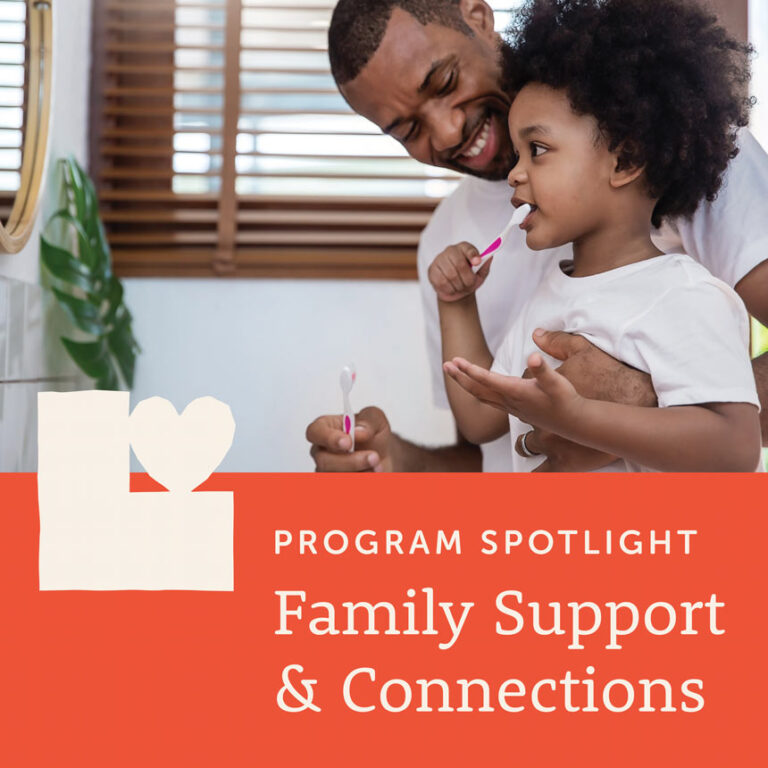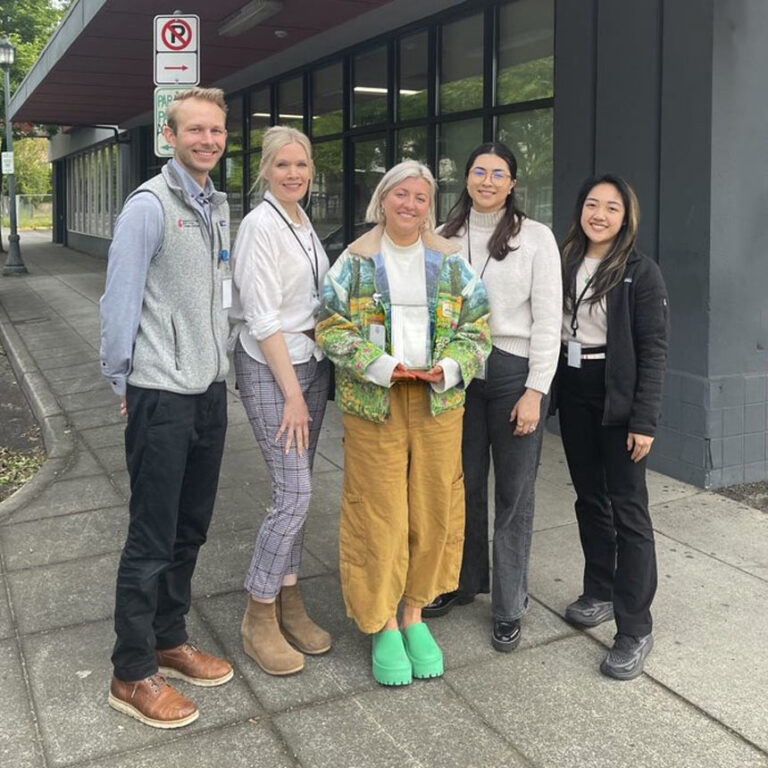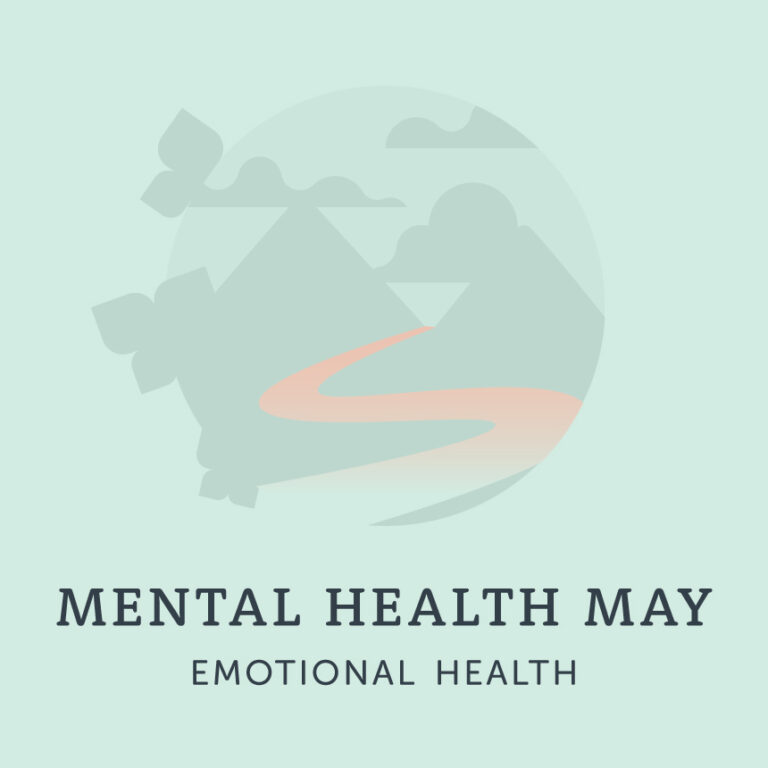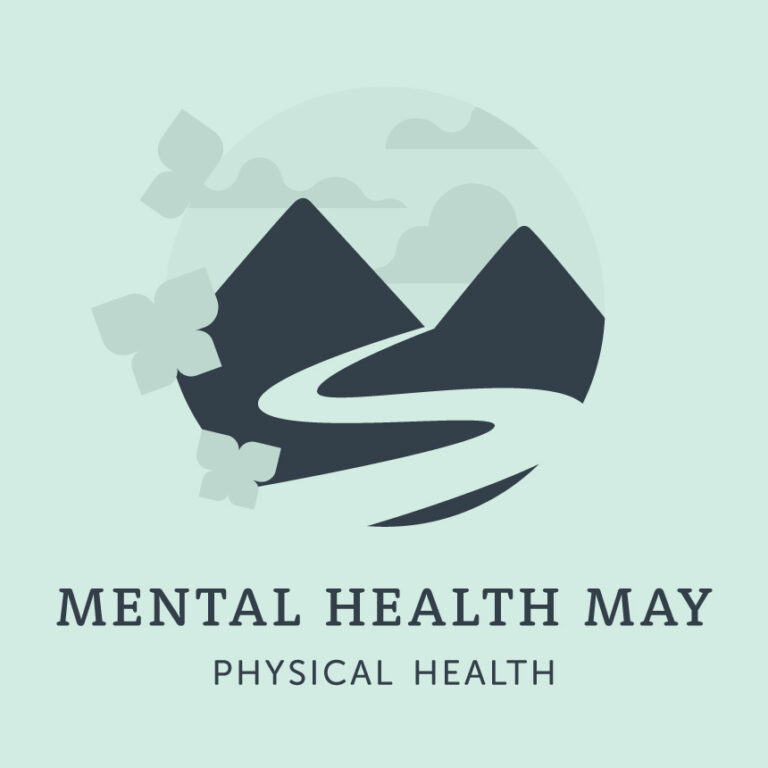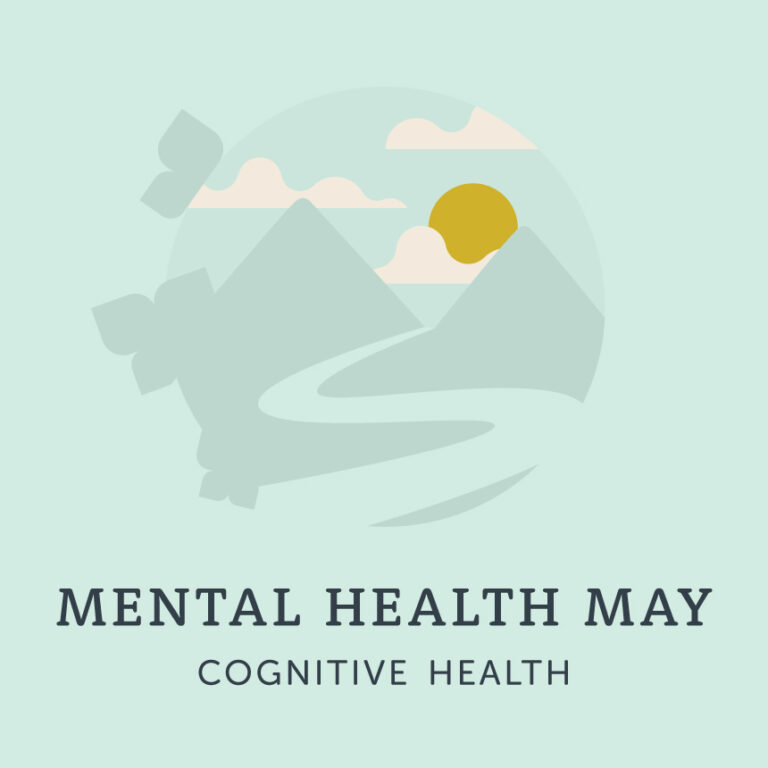
What Causes Postpartum Depression?
Approximately 1 in every 7 people who have given birth will develop a perinatal mood or anxiety disorder like postpartum depression, also known as maternal depression. Within the medical field, these are referred to as Perinatal Mood and Anxiety Disorders, or PMADs for short. These illnesses are not normal, but they aren’t uncommon.
Unfortunately, there is no one specific trigger for postpartum depression (PPD). According to the National Institute of Mental Health, after childbirth, hormone levels (estrogen and progesterone) in the body quickly drop. This leads to chemical changes in the brain that may trigger mood swings and perinatal disorder.
Giving birth is an extremely physical process, and some people experience trauma as part of the birthing process. After a complex or traumatic birth, some people can develop PTSD, which can increase the difficulty of other mental health challenges.
Also, many new moms and birthing parents find it difficult to get the rest they need after giving birth. Sleep deprivation can lead to body pain and exhaustion, contributing to the symptoms of postpartum depression.
It’s important to know that it is not the parent’s fault for experiencing postpartum depression. In fact, there are ways to find out if you are a high risk for PPD, so you can begin to take measures to prepare yourself for the experience.
When Does Postpartum Depression Start?
Seventy to eighty percent of new moms and birthing parents may feel depressed, anxious, or even angry within a few days after giving birth. It’s important to note that there is a difference between the “baby blues” and postpartum depression.
These “baby blues,” as they are called, are normal and they usually go away within a week or so without treatment. However, prolonged feelings that won’t seem to go away are a sign of something more serious.
Let’s cover some of the symptoms of postpartum depression to help you identify the experiences you’re having.
Symptoms of Postpartum Depression
These symptoms are experienced by people with the “baby blues” and PPD:
- Mood swings
- Sadness and/or crying
- Feeling anxious and irritable
- Difficulty concentrating
- Difficulty sleeping
However, if you only have the “baby blues” these symptoms will subside. If you are experiencing PPD, you may also have:
- Severe change in appetite
- Extreme fatigue yet not sleeping
- Severe mood swings, including feeling irritable, angry, and sad, but no joy
- No interest in pleasurable activities
- Low self-worth
- Withdrawing from loved ones, including baby, along with feelings of guilt or shame
- Having thoughts about hurting yourself or your baby
- Feelings of sadness, restlessness, anxiety, or hopelessness
- Trouble concentrating or remembering
- Changes in eating or sleeping habits
- Low energy
- Loss of interest in favorite activities
- Detachment from family and friends
- Persistent physical problems, such as headaches or an upset stomach
How to Treat Postpartum Depression?
Postpartum depression is not something you can solve alone. Seeking help is very important for overcoming the experience. Asking for help is a sign of strength, and you and your baby deserve to get the best version of you.
The common types of treatment for postpartum depression are:
- Therapy. During therapy, you talk to a therapist, psychologist, or social worker to learn strategies to change how depression makes you think, feel, and act.
- Medicine. There are different types of medicines for postpartum depression and must be prescribed by your doctor or nurse. Antidepressantscan help relieve symptoms of depression and some can be taken while you’re breastfeeding. Antidepressants may take several weeks to start working.
However, there are also some things you can do at home, with the input of your doctor:
- Make time for yourself. Parenting is a full-time job, and if you’re working a full-time job on top of that, it’s hard to make room for you to be you. Find time to focus on yourself and to do things that make you feel present in your body and in control of your life. From making the bed in the morning to going on a walk, yoga or whatever else makes you happy, make sure you carve out time for yourself.
- Massage and Acupuncture. We store so much tension and negative emotions in our physical bodies. That tension you feel in your hips, shoulders, neck, etc., can be a sign of negative emotions trapped inside your body. Getting massages and acupuncture allows your body to release those feelings. Many people experience nearly immediate relief following these types of treatments.
- Lean on your support network. After giving birth, it’s natural to need help managing your health and your new responsibilities. Don’t try to do everything by yourself – ask for help from your friends, family, and partner. It’s also helpful to talk to other parents about their experiences, either by spending time with friends who have families of their own, or by joining support groups for new parents. Talk about your feelings with the people around you – you’ll likely find you’re not alone.
Sometimes one of these treatments alone can be effective, but typically, a strategic approach using several methods will get the best outcome. The best thing to do is talk with your doctor about what action you should take, as different methods can impact your pregnancy or breastfeeding, and we want to ensure you and your baby are safe.
You Deserve to Live a Higher Quality of Life
If you are experiencing postpartum depression, we’re here to help you navigate available resources to get you the help you need. At LifeWorks NW, we provide mental health, addiction, depression, and holistic health solutions for all levels of support that people need, when and how they need it!
You deserve to live a higher quality life, for yourself and your baby. For more information about our services or to make an appointment, please contact us here.




